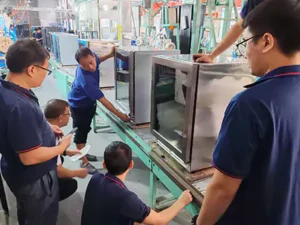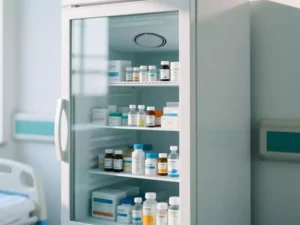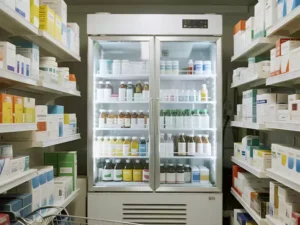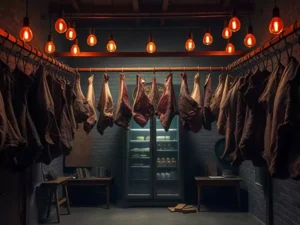It evokes the greatest emotion when a wine enthusiast obtains and tastes a favorite, high-quality wine. However, the lack of proper storage for wine can affect its value and taste. Most wines are sensitive to the storage environment, so proper storage is necessary to protect their flavor and quality. Several essential factors are involved in storing wine properly, including temperature, humidity, protection from ultraviolet light, ventilation, and minimizing vibration.
Temperature is perhaps the most significant factor in wine storage. The ideal storage temperature for wine ranges between 7-18℃ (45-65℉), with 13℃ (55℉) often considered optimal. Excessive temperature fluctuations can cause the wine to expand and contract, accelerating aging and affecting its flavor.
Furthermore, maintaining a stable and proper humidity level is crucial for optimal wine storage. A humidity level of approximately 70% prevents the wine cork from molding and air entry. Excessive humidity can cause the wine cork to mold, while low humidity can cause it to shrink.
Ultraviolet light can accelerate the aging process and cause wine to develop off-flavors. It is therefore advisable to store wine in a dark place or cabinet. Direct sunlight and even strong artificial light can have a detrimental effect on wine’s delicate composition.
It is of utmost importance to store wine in a stable, vibration-free environment. Vibration can disrupt the sedimentation process, affecting the aging of the wine and, consequently, its flavor.
Maintaining optimal ventilation is crucial to prevent mold growth and the formation of unpleasant odors, which can affect the quality of wine. It is important to store wine in an area with adequate airflow, away from strong odors that can penetrate the cork and taint the wine.
In conclusion, the optimal wine storage process maintains the correct temperature, humidity, and light conditions, minimizes vibration, and ensures good ventilation. The use of appropriate storage solutions, such as professional wine coolers or cellars, can assist in achieving these conditions. By understanding and managing these factors, you can ensure that your wine remains in excellent condition and is ready to be enjoyed at its best. Proper wine storage preserves the investment and enhances the overall wine experience, whether for immediate enjoyment or long-term aging.







